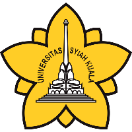
Universitas Syiah Kuala (USK), Indonesia
Module 1: Yudha Nurdin, B.Eng., M.Eng. Module 3: Dr. Kahlil Muchtar
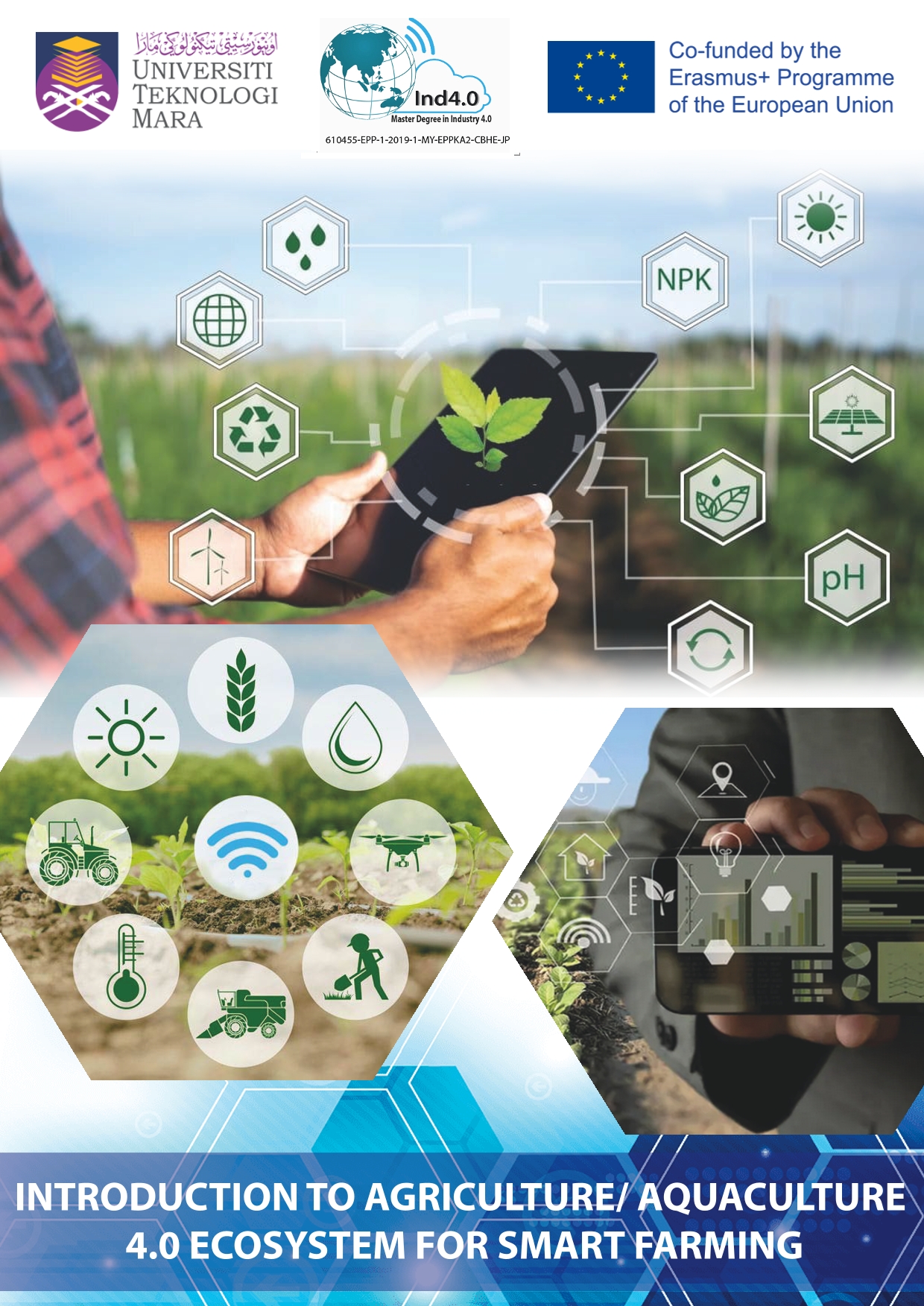
1. Module Description
The module is an introduction to Agriculture/ Aquaculture 4.0, its major components, processes and technologies and how new products and services will impact business and society. It provides the overview of precision farming concepts and discusses economic, environmental and farm management improvement benefits. The tools of precision farming on Remote Sensing, Global Positioning System (GPS) and Geographic Information System (GIS) and VRT) are introduced within the processes of a precision farming system. The Auto-Guidance Systems covers the Components and Technology of Auto-guidance Systems and Drone Technology.
2. Learning Outcomes
Upon completion of this course, learner should be able to:
• understand the various stages of industrial revolutions,
• understand the Future of Agriculture/Aquaculture and the skillset needed,
• recognise the drivers, enablers, and compelling forces for Agriculture/Aquaculture 4.0’s advancement,
• identify the role and importance of data and cloud computing in Agriculture/Aquaculture 4.0,
• describe how organizations and knowledge benefit workers who can better prepare for Agriculture/Aquaculture 4.0.
3. Module knowledge, skills and competencies
The learner will be assessed with 30 multichoice questions to test factual recall, levels of understanding, and ability to apply learning (analyzing and evaluating).
Course Modules:
1. Module 1 Cyber security in Industry 4.0
2. Module 2 Networking Technologies and Sensors
3. Module 3 Artificial Intelligence
4. Module 4 Machine Learning and Big Data Analytics
5. Module 5 Cloud Computing Services and Technologies
6. Module 6 Robotics and Industry 4.0
7. Module 7 Digital Transformation and Business Models
8. Module 8 HCI for Industry 4.0
9. Module 9 Sustainable Product Design & Manufacturing
10. Module 11 Ecosystems for Smart Farming
Web Programming, SQL Programming, and Network Application

Module 1: Yudha Nurdin, B.Eng., M.Eng. Module 3: Dr. Kahlil Muchtar
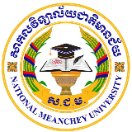
Module 2: National Meanchey University
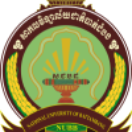
Module 4: Dr. Ratha CHEA & Prof. Dr. Sovan LEK
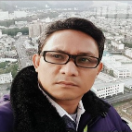
Module 5 Bio: Megat Norulazmi Megat Mohamed Noor is a Associate Professor at the Malaysian Institute of Information System, Universiti Kuala Lumpur. He graduated in Bachelor of Science in Engineering from University of Kagoshima, Japan (1994) and completed a Master of Information Technology at Open University Malaysia (2007). He was awarded a PhD from Universiti Utara Malaysia on 2012 in Information Technology. His recent research interests are Deep Learning and NLP and Vision, Blockchain, Cloud Computing, and IoT.
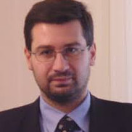
Module 6 & 12 Bio: Vassilios Vassiliadis received a Diploma (MEng equivalent) and a Doctoral Degree from the Department of Computer Engineering and Informatics of the University of Patras, Greece. He currently serves as an Associate Professor at the Department of Management Science and Technology. Since 2005, he has served at the Hellenic Open University as an adjunct lecturer and as an Assistant Professor (non-tenure) in the Department of Computer Engineering and Informatics of the University of Patras. He has an over than 20 years experience in European Union funded projects, as a researcher in the private sector, at the Computer Technology Institute, the University of Patras and the Hellenic Open University. At the latter, he held the position of Fundraising Manager at the DaiSSy Research Group from 2019 to 2022 and he is currently a Senior Researcher. His has published more than 80 articles in international journals and conferences. His research interests focus on information management, Information Systems applications and software evaluation.
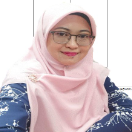
Module 7 Assoc. Prof. Dr. Suraya Miskon has a background in Computer Science majoring Information Systems and obtained her PhD from Queensland University of Technology, Brisbane, Australia. She teaches and conducts research in the field of Information Systems. She earned Oracle Certified Associate Oracle Database 11g Administrator and Professional Technologist from Malaysia Board of Technologists (MBOT). She is member of Association for Information Systems (AIS), AIS Malaysia Chapter and IEEE. She has published over 70 fully refereed articles in internationally recognised journals and conferences, and has contributed several chapters to published books. She also actively involve in research and consultancy in business analytics requirements, ICT strategic planning, business intelligence and dashboard requirements.
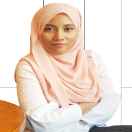
Module 7 & 8 Dr. Siti Sophiayati Yuhaniz is an Associate Professor at Razak Faculty of Technology and Informatics (RFTI), Universiti Teknologi Malaysia. She received her PhD from the University of Surrey, United Kingdom in 2008, in the area of Artificial Intelligence. She is active in the research field of Machine Learning, Deep Learning, Pattern Recognition, Image Processing and Big Data Analytics.
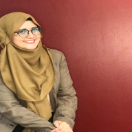
Module 8 Haliyana Khalid obtained her PhD in Computing, with specialization in Human Computer Interaction from Lancaster University, UK. She is a professional member of Association Computing Machinery (ACM) and myHCI-UX. She holds a professional certificate in Marketing (CPM, Asia). The combination of IS, UX and marketing knowledge, plus her strong passion in social media has led her to actively involve in research and consultancy in digital user experience.
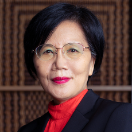
Module 11 Dr Margaret Chan Kit Yok, an Associate Professor in the Faculty of Plantation and Agrotechnology, Universiti Teknologi MARA, Malaysia holds a PhD in Agriculture Microbiology from Lincoln University, New Zealand. She teaches Plantation Management, Agriculture Mechanization and Biotechnology in tropical crops. Her field experience and research in sustainable agricultural practices not only support transitioning to smart carbon farming, but in agricultural education in the digital ecosystem under climatic crisis environment.
The Open edX platform works best with current versions of Chrome, Edge, Firefox, Internet Explorer, or Safari.